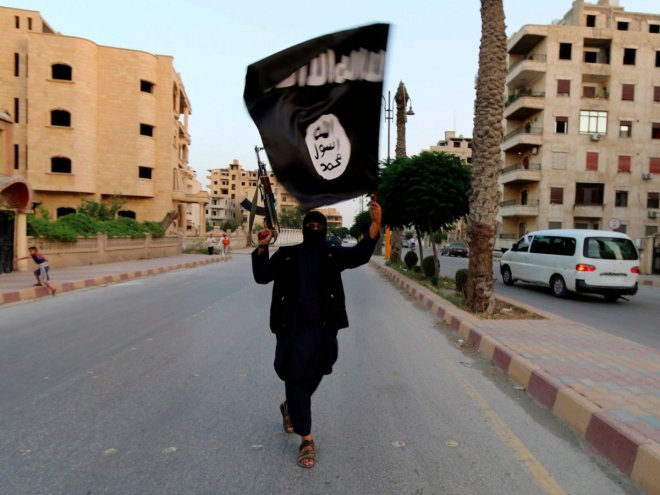
In a fierce encounter with Philippine soldiers, 15 militants were killed and their leader, who is believed to be the Islamic State's representative in the country, was severely wounded in air and artillery strikes in a southern province on Sunday.
Military officials believe that the leader of the Philippine militant group Abu Sayyaf , Isnilon Hapilon, popularly known as Abu Abdullah, might die following the attack because he needed immediate medical attention. "He needs blood transfusion. Without proper medical treatment, he may die," military chief General Eduardo Ano told reporters, according to Reuters.
On 26 January, the Philippines defence ministry said that it had received intelligence reports showing closer links between domestic militants and Islamic State, following which armed forces dropped bombs and fired shells at rebel positions in the mountains of Lanao del Sur. Their main aim was to flush out Hapilon.
According to Reuters, Federal Bureau of Investigation had Hapilon at the top of the most-wanted list. He and his militants are known for kidnapping people and demanding millions of dollars in ransom. If they fail to receive the ransom on time, they have been seen beheading their hostages.
The military chief, while dishing out further information, said that one of those killed was an Indonesian. However, officers believed Hapilon was with two other foreigners whose nationality still remains uncertain.
Meanwhile, Filipino President Rodrigo Duterte urged Muslim separatist groups, on Friday, to not provide any aid to militants with links to Islamic State. He also said that he could no longer contain the extremist "contamination" and asked two Muslim separatist rebels groups - the Moro Islamic Liberation Front and the Moro National Liberation Front - to rebuff Islamic State's advances, according to the news agency.









